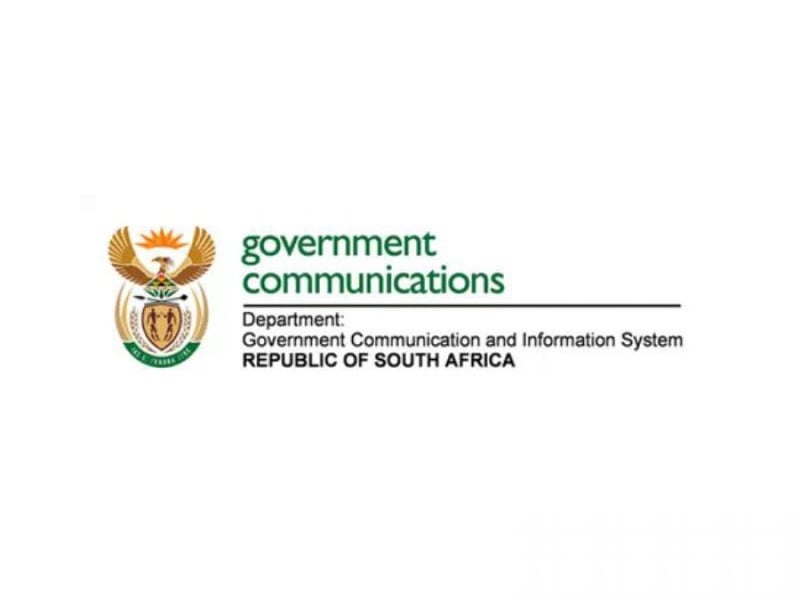Colloquium Explores Sustainable Solutions for Unaccompanied and Separated Migrant Children
Submitted by: MyPressportal Team
An Action Plan is being developed to provide lasting solutions to the plight of these children who are also vulnerable
BOKSBURG, South Africa, October 18, 2017/APO/ --
The three-day colloquium led by the South African Government on unaccompanied/undocumented migrant children currently underway in Boksburg, seeks permanent and sustainable solutions for unaccompanied and separated migrant children living in South Africa.
Although a steering committee led by the Department of Social Development was established to address the challenges of unaccompanied and separated migrant children, Government and stakeholders have agreed to do more to protect unaccompanied and separated children. An Action Plan is being developed to provide lasting solutions to the plight of these children who are also vulnerable.
According to the findings of the Steering Committee, many children cross the South African borders alone; some arrive with their parents and relatives but they later disappear and cannot be traced. The Committee has also established that some migrant families keep their children indoors deliberately, depriving the children of mandatory Government protection services such as health care, education and other welfare services, which are a Constitutional right in our country.
The colloquium also heard that there were gaps within Government in protecting unaccompanied and separated migrant children such as a lack of funding for implementation of policies, lack of capacity from front line officials and incapacity to prepare children prior to their reunification with families.
Currently South Africa has no credible statistics of unaccompanied and separated migrant children living in the country. Many children remain undocumented which is of serious concern to South Africa. As and when the children are identified, the Department of Social Development places them in Child and Youth Care Centres under the supervision of social workers so that they receive comprehensive social protection until they are reunited with their families.
Inability to document migrant children makes it difficult for Government to trace and reunite them with their families because some of the children leave their countries of origin due to unstable and unbearable conditions. It becomes more difficult when they reach the age of eighteen years because they automatically fall out of the child protection system and are then considered as illegal immigrants.
The decision to host the colloquium was informed by a lack of coordination between Government and the various stakeholders, as well as the need for accurate documentation of unaccompanied and separated migrant children in the country without access to basic services. This is a violation of their human rights as outlined in the different international conventions including the progressive South African Constitution.
South Africa is a signatory to United Nations Children’s Rights Charter (UNCRC) and the African Charter on the Rights and Welfare of a Child. Both charters and the Children’s Act promote the universal rights of children unconditionally.
It is based on these provisions that the Department of Social Development maintains that no child should be discriminated against based on nationality and that children are vulnerable and deserve comprehensive social protection of the family or government where families are not able to provide such protection.
The Department of Home Affairs has a database in which minor children are registered but there are no specific details indicating that they are minor.
Delegates expressed a concern that some of the unaccompanied children are not first received by government when they arrive in the country hence the need to find mechanisms to work with Non-Governmental Organisations (NGOs) which play an immensely important role.
During the deliberations, one participant mentioned that it was always in the best interest of children to be reunified with their families but it was not always possible because some left their countries for safety in South Africa.
One of the delegates from Zimbabwe, acknowledged that there were many Zimbabwean children living in South Africa. He further highlighted that as much as efforts should be taken to repatriate children back to Zimbabwe: “we must bear in mind that some of the circumstances and conditions in that country do not allow these children to go back to their country,”
The colloquium was attended by officials from various government departments including Social Development, Home Affairs, Basic Education, Justice and Constitutional Development as well as representatives from United Nations Children Fund (UNICEF) and Save the Children South Africa. It continues until Thursday, October 19.
Distributed by APO Group on behalf of Republic of South Africa: Department of Government Communication and Information.
Latest from
- Hyprop Brings the Magic of Disney to South Africa This Festive Season
- The Epic Finale of Tropika Island of Treasure Zanzibar Season 11 - Who Will Claim the Grand Prize?
- Could Sport Be the Key to Shaping a Better Society?
- Johnson & Johnson Marks New Era as Global Healthcare Company with Updated Visual Identity
- European Federation of Journalists to Stop Posting Content on X

